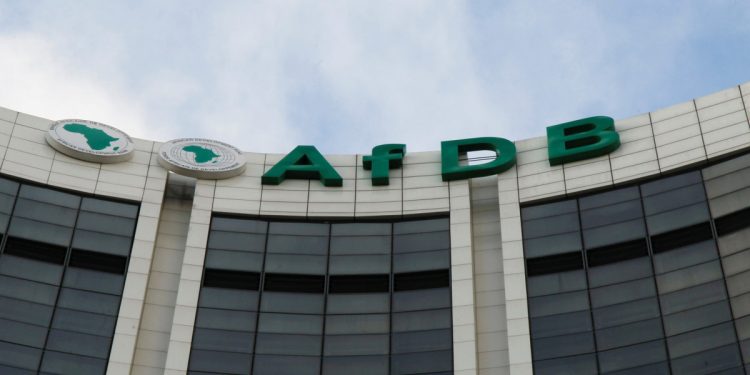Kenya is set to receive KES 130 Million ($ 1 million) from the African Development Bank (AfDB) under its Green Mobility for Africa (GMFA) project.
The aim of the financing program is to accelerate and broaden private sector investment in sustainable transportation options across Africa, by offering investment capital and technical assistance.
The GMFA aligns with the SEFA’s Strategic Framework, particularly its focus on “Energy Efficiency,” and is said to establish an environment for private sector investments in e-mobility.
Furthermore, the program aims to facilitate a shift from diesel-fueled transportation modes to cleaner and more efficient alternatives that significantly reduce greenhouse gas (GHG) emissions.
It will also help African countries in expanding their investments in this growing sector and open the door for the Bank’s direct investments.
However, only the electric vehicle components will be covered by SEFA financing, with other co-financiers supporting additional technologies.
Additionally, the $1 million fund will be allocated toward three areas. These include supporting the establishment of favourable conditions for EVs and developing a portfolio of projects, designing an EV business model and guidelines, and providing technical support for project preparation.
Furthermore, the fund will manage SEFA financing for the EV components of the project.
The Green Mobility Facility for Africa will benefit two groups in different ways. Firstly, it will provide institutional and regulatory framework assistance to seven countries (Kenya, Morocco, Nigeria, Rwanda, Senegal, Sierra Leone, and South Africa).
Secondly, it will assist project sponsors in the host countries with feasible green mobility projects that will be evaluated by the Bank.
By facilitating the emergence of a green mobility sector in Africa, the project will contribute to green and inclusive economic growth in the countries where green mobility projects will be deployed.
African Development Bank
Kenya is presently implementing several electric vehicle initiatives, primarily focusing on urban mass transit. Two projects, BasiGo and Roam, have established partnerships with well-known Saccos in Nairobi’s Matatu business, but their impact is limited, as they operate fewer than 50 buses on various city routes.
First, Kenya Power will roll out an electric mobility tariff, spanning from 200 to 15,000 kilowatts/hour at a rate of KES 17 per kWh.
This pricing structure will be incorporated in the upcoming tariffs slated for release in April 2023 and will be effective for two years. As a result, Kenyan e-mobility investors can be certain about electricity consumption rates.
Read Also: BasiGo Receives Large Shipment of Electric Buses at Mombasa Port




